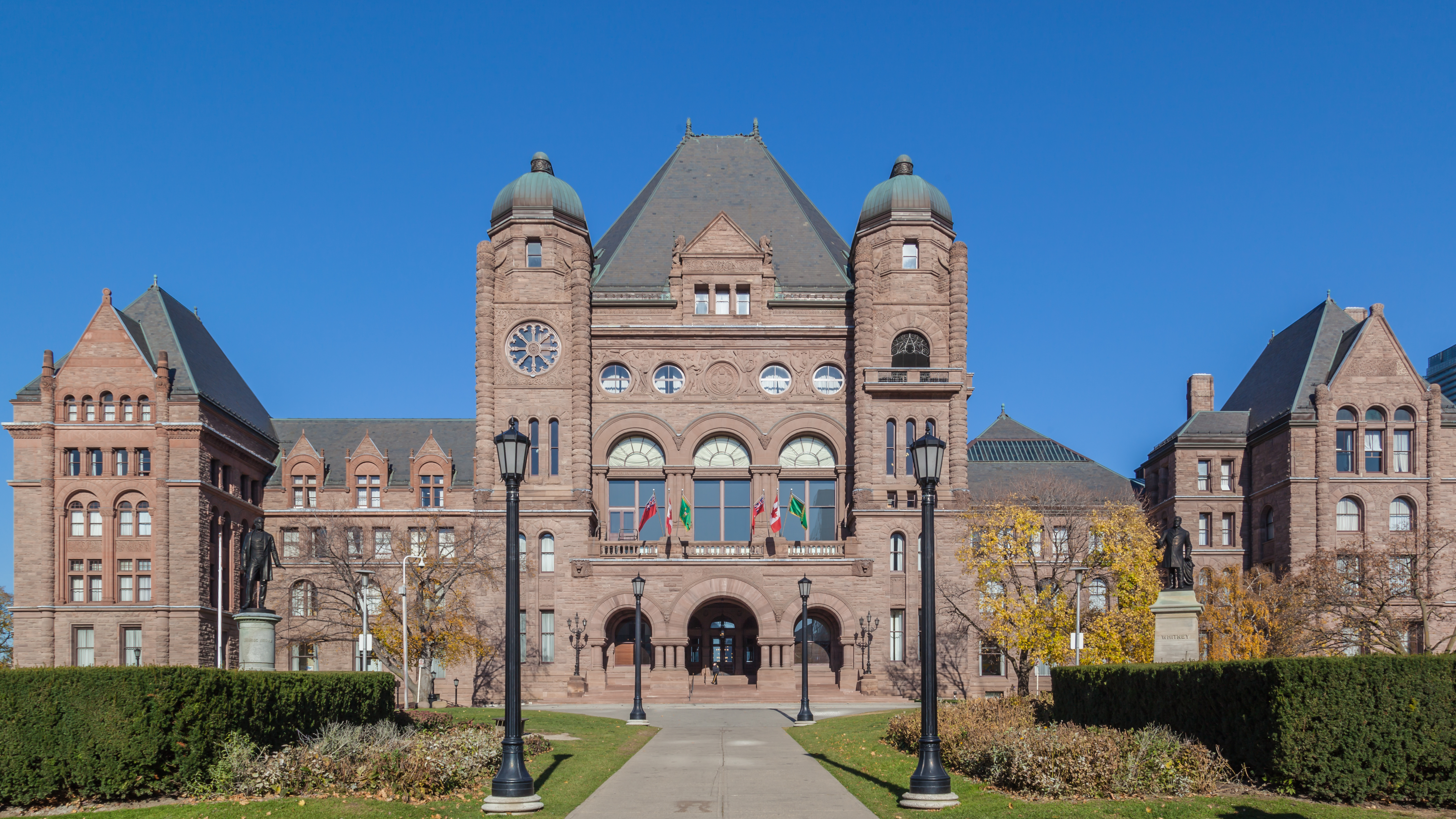OMSSA Report on the 2023 Ontario Budget
OMSSA Report on the 2023 Ontario Budget
By Darryl Wolk
March 2023
On March 23rd, the Ontario Government released the 2023 Ontario Budget titled Building a Stronger Ontario. Finance Minister Peter Bethlenfalvy delivered his first budget since the last election in June of 2022.
The budget spends a record $204 billion. It should also be noted that there were also record government revenues due to inflation, low unemployment and faster than expected economic recovery from the pandemic that led to higher tax revenue for the province. The budget comes at a time when Ontario is facing a housing crisis, homelessness crisis, pandemic recovery, inflation and global economic uncertainty.
The budget deficit of $2.2 billion for 2022-23 is projected to be $2.2 billion. That is $17.7 billion lower than the previous fiscal year and suggests that the provincial government spent less than previously promised. Ontario is projected to run a deficit of $1.3 billion for the current 2023-24 fiscal year and a small $200 million dollar surplus for 2024-25. These deficits are much smaller than previous years when Ontario was responding to the pandemic in 2020, 2021 and 2022. Many time limited pandemic spending programs were allowed to expire. Ontario also plans to balance its budget 3 years earlier than previously forecasted and the provinces appear to be in a much stronger financial position than the federal and local governments.
Of the total provincial budget:
- 39.6% is projected to go to the health sector
- 17% is allocated to the education sector (including child care)
- 9.5% is being spent on the children, community and social services sector
- 5.9% is being spent on the post-secondary education sector
- 2.6% is allocated to the justice sector
- Other programs make up 18.6% of spending
- Debt interest will account for 6.9% of total provincial budget spending
Last year, health care was the main theme of the provincial budget with housing being the main theme of the federal budget. This year, the focus of the provincial budget was on manufacturing and the economy. The province also reaffirmed public transit, highway and infrastructure programs while winding down programs related to the pandemic including sick days and the Social Services Relief Fund. The budget also included increased federal health transfers expected to be the big ticket spending item in the upcoming federal budget on March 28.
This provincial budget will be a challenge for municipal finances. There was no mention of replacing municipal revenues lost as a result of Bill 23. The City of Toronto and municipalities generally did not receive any funds to address pressures resulting from COVID. A failure to support municipalities will result in reduced services and higher property taxes locally. At the same time, there were no obvious cuts or signs of austerity from the Ford government as many had predicted.
Below are some highlights relevant to OMSSA members and the municipal human services sector:
Social Assistance and Employment:
- The budget included some targeted income support for seniors but did not address calls to increase Ontario Works and social assistance rates. There was also no mention of increasing program delivery funding for municipalities to address expected caseload increases, inflationary costs and staff shortages. Employment Services Transformation, centralized intake, human services integration and stability supports were not specifically mentioned in the 2023 budget.
Housing and Homelessness:
- Ontario is investing in supportive housing with an additional $202 million each year in the Homelessness Prevention Program and Indigenous Supportive Housing Program to help those experiencing or at risk of homelessness and those escaping intimate partner violence, and support the community organizations delivering supportive housing.
- Housing and rental supply remain a top focus for the provincial government but there was no new funding to address repair backlogs or waiting lists in community housing. No funding was included in the budget to address lost development revenue for municipalities resulting from Bill 23 that support community infrastructure required to support new housing. Previously announced municipal audits will move forward prior to those funds being replaced according to post-budget comments from the Premier.
- The Ontario Land Tribunal and Landlord and Tenant Board play important roles in increasing housing supply by resolving housing-related disputes fairly and efficiently. To help increase the availability of housing in the province, the government is investing $24 million over three years to clear long-standing backlogs, streamline processes to resolve disputes faster and help address housing needs. (previously announced)
Early Years and Child Care:
- As part of the Canada-Wide Early Learning and Child Care Agreement, Ontario is making progress on its commitment to create 86,000 new, highquality child care spaces by December 2026. This includes more than 33,000 licensed child care spaces created since 2019. Through this investment, families in small and large communities will benefit from high-quality child care that is affordable, accessible and inclusive. (previously announced)
- No mention of a strategy or increased funding to address workforce shortages.
Emergency Social Services:
- Making the province better prepared and quicker to respond to future emergencies by investing $110 million over three years to fund, train, coordinate and improve Ontario Corp and the province’s emergency preparedness system.
Mental Health and Addictions:
- An additional $425 million over three years to support mental health and addictions services, including a five per cent increase in the base funding of community-based mental health and addictions services providers funded by the Ministry of Health.
Broadband and Digital Access Strategy:
- The government is investing nearly $4 billion to ensure every community across the province has access to highspeed internet by the end of 2025. (previously announced)
Paramedicine and Long-Term Care:
- The government is investing more than $174 million over two years, starting in 2024–25, to continue the Community Paramedicine for Long-Term Care Program.
Opposition and Stakeholder Reaction:
Opposition parties, unions and many stakeholders were critical that the budget failed to invest in people. Despite record spending, concerns were raised around not doing enough to support social services, municipalities, climate change, education or health. OMSSA will work with our Members, municipal associations and stakeholder partners to further analyse the budget and collaborate on advocacy strategies for the upcoming fiscal year.
Additional Resources:
Budget News Release: https://news.ontario.ca/en/release/1002856/building-a-strong-ontario
Budget Highlights: https://budget.ontario.ca/2023/highlights.html
Full Budget Document: https://budget.ontario.ca/2023/contents.html
About the Author
 Darryl Wolk is Manager of Policy Development and Public Affairs for the Ontario Municipal Social Services Association. Darryl started with OMSSA in 2017. He has over ten years of government relations experience and graduated with an MBA from the University of Windsor in 2004. Darryl appreciates the opportunity to advocate and consult with Ontario’s municipal service managers, province and federal government to advance priority issues in the health and human services sectors.
Darryl Wolk is Manager of Policy Development and Public Affairs for the Ontario Municipal Social Services Association. Darryl started with OMSSA in 2017. He has over ten years of government relations experience and graduated with an MBA from the University of Windsor in 2004. Darryl appreciates the opportunity to advocate and consult with Ontario’s municipal service managers, province and federal government to advance priority issues in the health and human services sectors.
